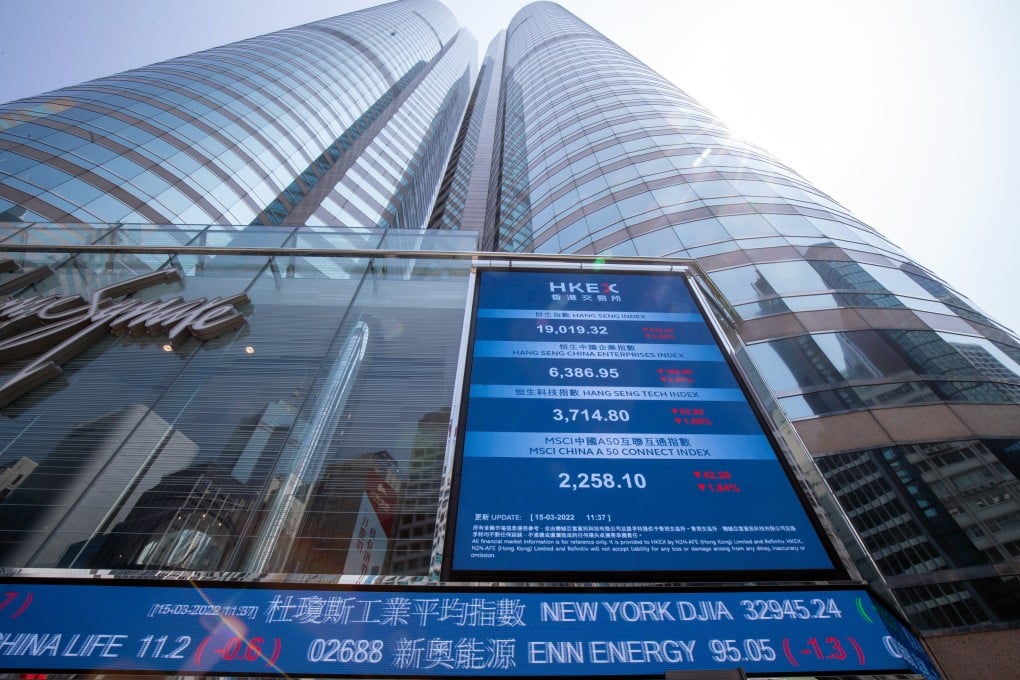Hong Kong-listed firms from Tencent to SenseTime push stock buy-backs to new heights to defend valuations
- Tencent, SenseTime and banks are among the most active companies conducting stock repurchases as valuations sink to near decade-low
- The pace of buy-backs may slow as the Fed continues to raise its key interest rate and mainland developers preserve their precious liquidity

Those repurchases have amounted to HK$39.5 billion (US$5.03 billion) this year through July 21, according to data from Wind Information. That has already surpassed the US$5 billion recorded in all of 2021, the most since 2011.
The Hang Seng Index has lost almost 12 per cent in value in volatile trading this year, including a mid-March rout that pushed the benchmark index to the lowest level since February 2016. The 69 index members are trading at an average price-earnings multiple of 7.6 times, near a decade-low, and the second-cheapest among major global markets.
“The general view is valuation in the equity market has declined sharply in the first half, and companies may see this as an opportune time to buy back their shares,” Michael Wu, a senior equity analyst at Morningstar, said in an email. They are not limited to any particular sector, he added.
Stock buy-backs are typically deemed a price-support mechanism because of extreme undervaluation or a lack of investment options to deploy excess cash. Strong buy-backs tend to precede positive index returns, strategists at Goldman Sachs wrote in February, noting a similar trend among mainland-listed companies.